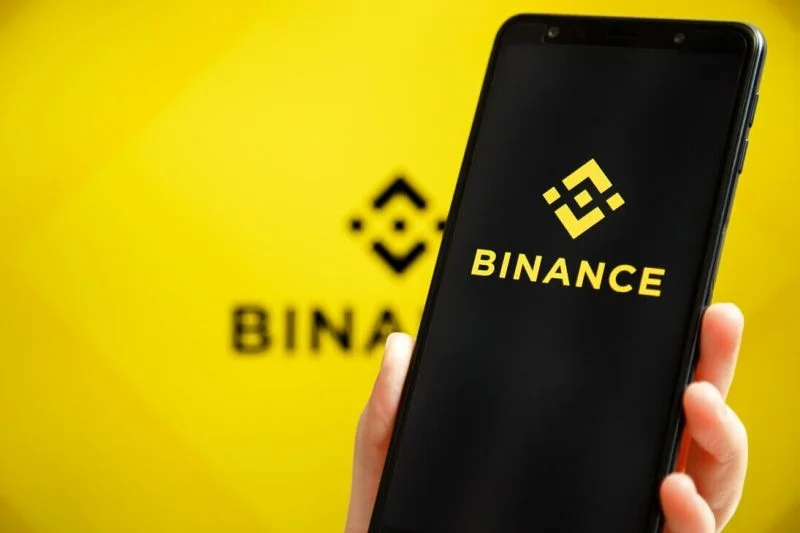Okay, let's break down this Binance pardon mess. Everyone's screaming "corruption," but let's look at the actual numbers and what they really mean. The headlines are splashy, but the story is in the fine print – and the legal precedents.
The core issue is this: Trump pardoned Changpeng Zhao (CZ), the Binance founder, after he pleaded guilty to, essentially, letting Binance be used as a money laundering platform. Now, former pardon attorney Elizabeth Oyer is calling foul, claiming "unprecedented" influence of money in securing the pardon. She even called it "corruption." Strong words.
Oyer points to the fact that Binance donated software to World Liberty Financial (WLF), a crypto venture linked to the Trump family. Then, an Emirati fund invested $2 billion in Binance—paid in WLF crypto—turning that crypto into a "major player." Her claim? That this is a quid pro quo, a payoff disguised as a pardon. Trump Pardon for Binance CEO Was ‘Corruption’—Former DOJ Pardon Attorney
The problem is, proving a direct quid pro quo is notoriously difficult. And the White House, naturally, denies any wrongdoing, with Eric Trump stating his father "has nothing to do with our company." So, where's the hard data?
The ICIJ’s Coin Laundry report found that Binance facilitated at least $408 million worth of tether (USDT) transactions for the organized crime-linked Huione Group between July 2024 and July 2025. That's a lot of money moving through a platform that was supposedly under increased scrutiny. And it happened between Zhao's guilty plea and his pardon.
But here's where it gets interesting. Zhao is trying to spin this by saying if Binance gets any of its $4.3 billion fine "refunded," they'll invest it in America. Nice PR, but let's be real: is that even possible? Binance will invest everything in America if it gets a refund after CZ pardon
The short answer is: probably not easily. That $4.3 billion isn't sitting in one big pile waiting to be returned. It's a mosaic of criminal and civil obligations spread across at least four agencies: the DOJ, FinCEN, OFAC, and the CFTC. Each agency has its own consent order and court record.
According to the Justice Department, Binance agreed to forfeit about $2.51 billion and pay a criminal fine of about $1.81 billion, for a total of roughly $4.316 billion in the criminal case. (That's $4.32 billion, if we round up.)

The legal precedent, Knote v. United States (1877), basically says that once money is in the Treasury, it needs an act of Congress to get it out. A pardon can eliminate criminal penalties, but it doesn't automatically refund fines already paid.
And this is the part of the report that I find genuinely puzzling. Why would Zhao even suggest the possibility of a refund? It's either a deliberate distraction or an incredibly naive understanding of US financial law. My analysis suggests, it's a little bit of both.
Even if Trump wanted to refund the money, it would require Congressional approval. Highly unlikely, even with a pro-crypto administration.
So, what's the real play here? It's not about getting the money back. It's about softening the edges of the existing consent orders. Shortening the DOJ monitorship, adjusting the "complete US exit" language – that's where the real financial benefit lies. Less compliance overhead, more freedom to operate.
And what about the $2 billion investment in Binance from the Abu Dhabi-backed fund MGX, using USD1, the Trump family's stablecoin? That's a loop that's hard to ignore. A "refund" to Binance would indirectly benefit Trump-linked crypto businesses.
Now, let's pause and question the data itself. Much of the outrage is based on accusations and circumstantial evidence. The ICIJ report is thorough, but it relies on tracing transactions and identifying links to criminal organizations. That's correlational, not causal. Just because Binance facilitated transactions linked to illicit funds doesn't automatically mean they were complicit.
Similarly, the claims about Trump family involvement are based on indirect financial connections. It's a web of investments and partnerships, but it's not a smoking gun.
However, the volume of illicit transactions is hard to dismiss. $408 million is not a rounding error. And the timing of these transactions, between the guilty plea and the pardon, raises serious questions about Binance's compliance efforts.
The pardon itself is a legal maneuver, a way to remove CZ's criminal liability. The real corruption, if it exists, is in the financial engineering that surrounds it. It's about using the pardon to unlock future opportunities, to create a more favorable regulatory environment for Binance and its affiliates. The pardon is a tool, not the crime itself.